

As it’s set in the fictional country of Takistan, Operation Arrowhead features the racial slur “Taki”, making this fiction feel too authentic for comfort. This isn’t a criticism, as for all its problems ArmA II delivers a fierce, palpable impression of real warfare. War’s uncomfortable. People are going to be racist sometimes.
Still, it’s interesting to be on the offending side. We’re told that Takistan has an obnoxious foreign policy and is destabilising the surrounding area, but the slurs make you question what you’re fighting for in these dusty mountains. Developer Bohemia’s hardened military sims have never shied away from ties to real-world conflicts. But it’s to Operation Arrowhead’s credit that the war fought here feels more authentic than ever, with all the cultural tensions that have adorned our TV screens for the past decade being present. Perhaps it was a logical step to create a setting and a vocabulary so similar to the ones we’re used to seeing and hearing.
As far as the game itself goes, the switch of location is a welcome one, providing a welcome contrast from the Eastern Europe of ArmA II. The game looks as pretty as ever, with sepia tones and motion blur creating a tangible atmosphere that rarely lets up. The change isn’t merely cosmetic, however. Takistan is a largely desolate area of the world, its rolling hills dotted with minor settlements and outposts which offer little opportunity to take cover. On foot, this means the tension skyrockets, as you throw yourself to the ground to avoid the top of your skull being whipped off, and then dart like an antelope to the next rocky area in which to disguise yourself.
Above: Not every antelope darts quickly enough
So it’s a shame that this new campaign never really hits its stride. Despite being seven chapters long and branching impressively on a couple of occasions, it feels like Bohemia struggled to fit everything in. The infantry missions largely take a back seat to several vehicular segments, which, although presented with the most immaculate attention to detail, never get the adrenaline pumping to the same extent. The story doesn’t kick off either. Even by the halfway point, the game still doesn’t make you feel invested in its plot. We ended up searching for new and interesting ways to crash helicopters while laughing at the hysterically incongruous music.
There are plenty of new toys to play with, and it’s here that Operation Arrowhead impresses the most. Unmanned aircraft now feature, as do a whole host of new units and weapons. Arrowhead is a standalone expansion, but these new features integrate with the original game, meaning new doors are opened in the expansive editing suite, which allows you to craft your own missions in the engine.
Of course, one big question remains: Have the bugs, for which Bohemia’s work has become infamous, been eradicated? The answer is no. The engine seems far less prone to stuttering with the graphical options turned up (on a high-end machine at least). Minor quirks remain: wildlife twitches and glitches by the side of the road, while NPCs quietly dance on the spot, stuck in an eternal state of looping animation. If you turn your view around during one the occasional first-person cutscenes, you can point the camera inside your own neck. And, upon firing at one enemy soldier with a fairly innocuous weapon, we once managed to catapult him several thousand feet into the stratosphere.
Operation Arrowhead paints what is, possibly, the most chilling picture of the horrors of war than any game has achieved yet. But the atmosphere-breaking glitches and turgid campaign make it an effort to stay invested in the game. When the interface remains so grotesquely unintuitive – forcing newcomers to play through hours of bland tutorials to understand even the basics isn’t the smartest move – one has to wonder whether Bohemia will ever realise the potential that’s so clearly there, and unleash an absolutely remarkable game.
Jun 29, 2010

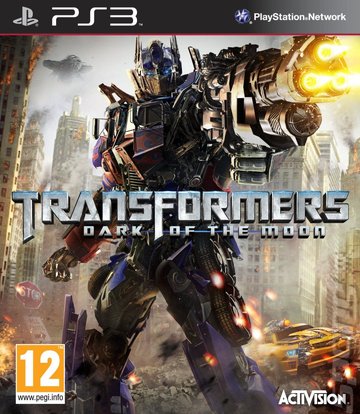
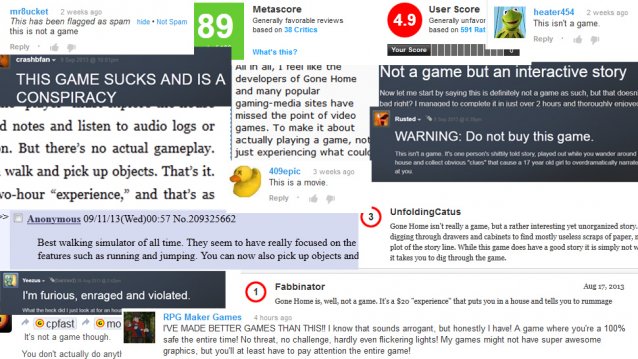
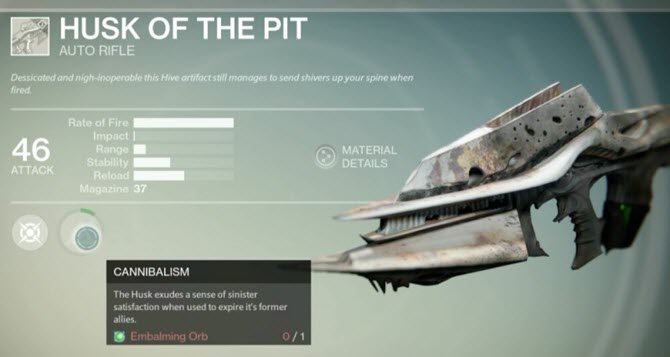
 DJ Mustard to release new remix of Rihannas FourFiveSeconds
DJ Mustard to release new remix of Rihannas FourFiveSeconds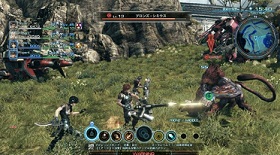 Best 5 Weapons in Xenoblade Chronicles X
Best 5 Weapons in Xenoblade Chronicles X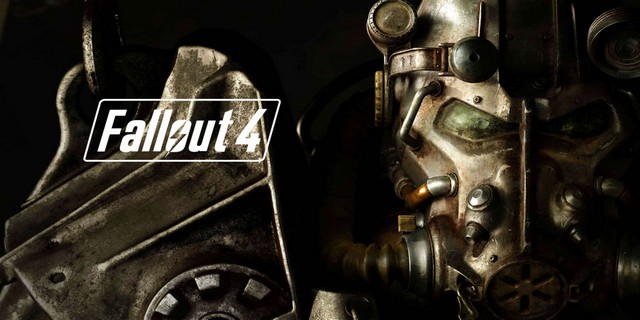 Where are all Legendary Weapons and Armor in Fallout 4 and What are their effects
Where are all Legendary Weapons and Armor in Fallout 4 and What are their effects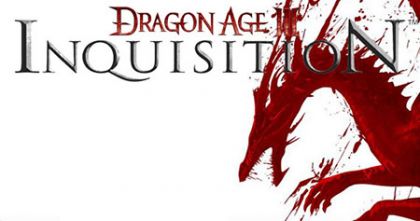 How to fix Dragon Age: Inquisition Black Screen Issue
How to fix Dragon Age: Inquisition Black Screen Issue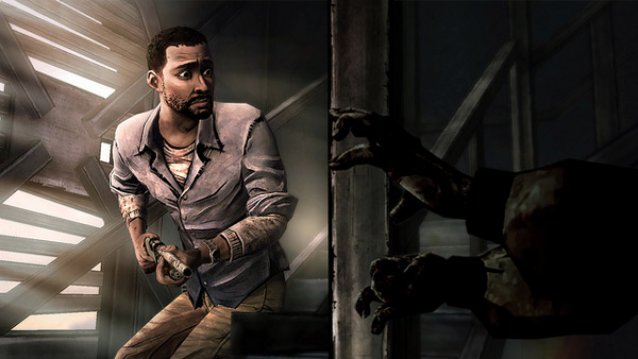 Top 10 Post Apocalyptic Games of All Time
Top 10 Post Apocalyptic Games of All Time